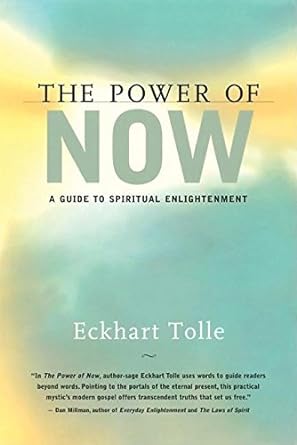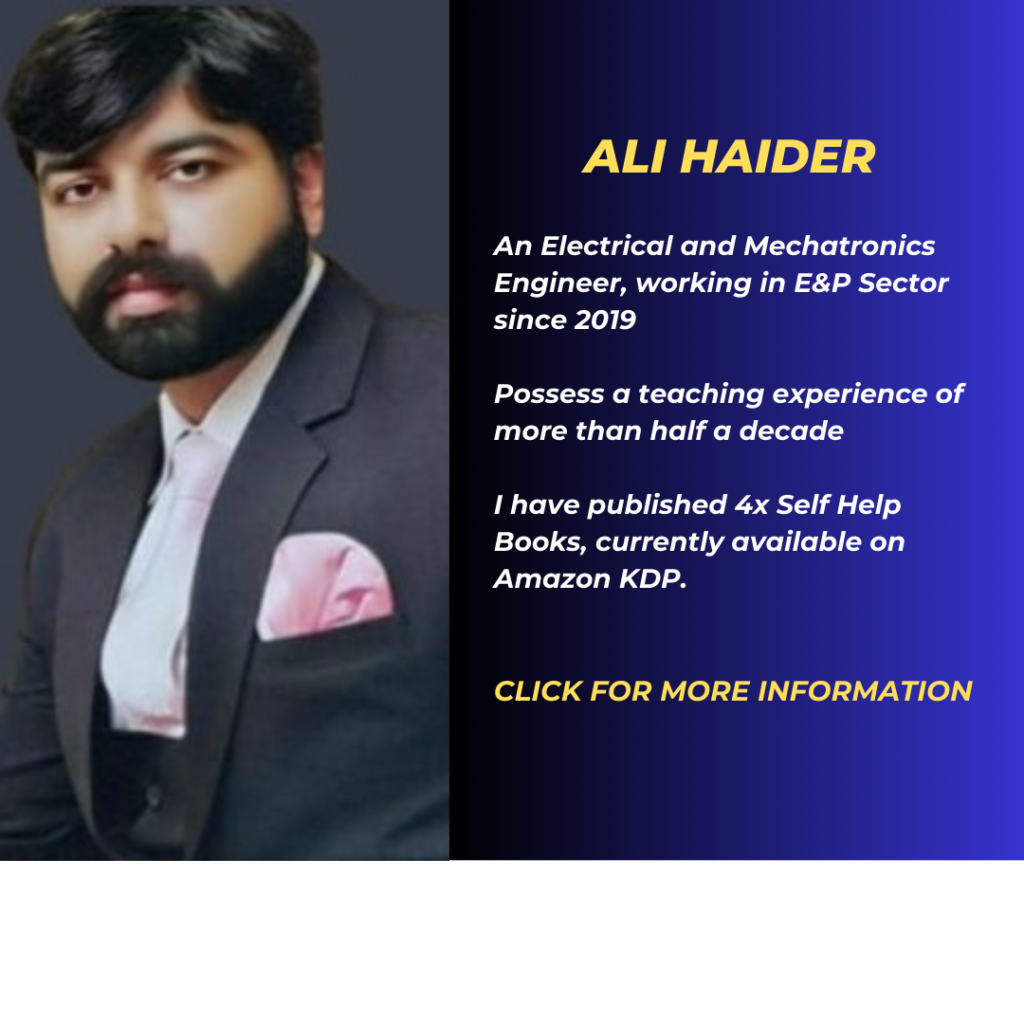
1 Line Summary
The Power of Now is a book that teaches the way to live in the present moment and free yourself from the suffering caused by your thoughts and emotions.
What Will You Learn
Here are some benefits of reading “The Power of Now”, you’ll learn how to:
- focus your attention on the present moment,
- let go of negative thoughts and emotions,
- live a more peaceful and contented life,
- connect with your inner being and experience true joy.
Best Quotations from the Book
- “The present moment is all you ever have.” This means that you can only experience life in the present moment. The past is gone and the future is not yet here.
- “The mind is not you.” This means that your thoughts and emotions are not who you are. They are simply a product of your mind.
- “Pain is inevitable, suffering is optional.” This means that pain is a natural part of life. However, suffering is caused by our resistance to pain. When we resist pain, we make it worse.
- “The only way out is in.” This means that the only way to escape from our problems is to face them head-on. We cannot run away from our problems. We have to deal with them in the present moment.
- “Acceptance is the key to happiness.” This means that when we accept things as they are, we can let go of our resistance and suffering.
- “The power of now is the power of presence.” This means that the power of the present moment is the power of being present. When we are present, we are fully alive and aware.
- “The only thing that is constant is change.” This means that we need to be adaptable and willing to change with the world around us. If we resist change, we will suffer.
Book Summary
Let’s discover the most critical key takeaways from the book:
Embrace the Present Moment
The first and fundamental takeaway is to recognize the power of living in the present moment.
- Focus and Clarity: As an executive, it’s easy to become overwhelmed by the demands of leadership. Embracing the present moment helps you focus on the task at hand, leading to greater clarity in decision-making and problem-solving.
- Stress Reduction: Executives often face high-stress situations. Practicing mindfulness by being present reduces stress levels, leading to improved mental and physical well-being, which in turn enhances your leadership capabilities.
- Effective Communication: Mindful presence enables you to be fully engaged in conversations and interactions. This fosters effective communication with your team, peers, and stakeholders, ultimately strengthening relationships and collaboration.
Detach from the Ego
This takeaway revolves around understanding the nature of the ego and its role in leadership.
- Self-awareness: Executives who recognize the ego’s influence gain self-awareness. This awareness helps you manage your ego-driven impulses and make decisions based on your authentic self, fostering more effective leadership.
- Humility: Detaching from the ego cultivates humility, an essential trait in leadership. Humble leaders are open to feedback, willing to admit mistakes, and more approachable to their teams.
- Conflict Resolution: Ego-driven conflicts can disrupt teams and hinder progress. Executives who practice ego detachment can resolve conflicts more effectively by focusing on the underlying issues rather than personal pride.
Accept the Present Moment Unconditionally
This takeaway emphasizes the importance of accepting reality as it is, without resistance or judgment.
- Resilience: Executives often face unexpected challenges. By accepting the present moment unconditionally, you build resilience, allowing you to adapt to changing circumstances and lead your team through adversity.
- Decision-Making: Accepting the present moment enables you to make decisions based on facts rather than wishful thinking. This promotes realistic and effective strategies.
- Change Management: In a rapidly evolving business landscape, embracing the present moment is crucial for effective change management. Leaders who accept change without resistance can guide their teams through transitions with greater ease.
Silence the Inner Monologue
The book highlights the need to quiet the constant stream of thoughts in your mind.
- Focused Attention: Executives often have busy minds filled with thoughts, plans, and worries. Silencing the inner monologue allows you to focus your attention fully on the task at hand, improving productivity and decision-making.
- Creativity and Innovation: A quiet mind is fertile ground for creativity. Executives who can quiet their inner monologue can tap into their creative potential and inspire innovation within their organizations.
- Stress Reduction: The constant chatter in the mind can lead to stress and burnout. Executives who learn to quiet the inner monologue experience reduced stress levels, enabling them to lead with greater calm and composure.
Practice Mindful Presence in Leadership
This takeaway applies the principles of mindfulness to leadership itself.
- Empathetic Leadership: Mindful presence allows you to better understand and connect with the emotions and needs of your team members. This fosters empathetic leadership, which is essential for team cohesion and morale.
- Effective Decision-Making: Mindful leaders make decisions based on a deep understanding of the situation and the people involved. This results in more effective and well-rounded decisions.
- Inspirational Leadership: Executives who lead with mindful presence inspire their teams by setting an example of focused, compassionate, and authentic leadership.
Balance Goal Achievement with Inner Fulfillment
The book encourages a balance between external success and inner fulfillment.
- Goal Clarity: Executives must set and achieve strategic goals. However, this key takeaway reminds you not to lose sight of your inner fulfillment in the pursuit of external success.
- Well-being: Inner fulfillment leads to a sense of well-being and contentment. This, in turn, enhances your ability to lead with a positive and motivational presence.
- Sustainable Success: Balancing achievement with inner fulfillment leads to sustainable success. Executives who prioritize their well-being are more likely to maintain their effectiveness over the long term.
Leadership as Service
The final key takeaway emphasizes that leadership is fundamentally about serving others.
- Servant Leadership: Executives who view leadership as service focus on the needs and growth of their teams. This approach fosters loyalty and commitment among team members.
- Empowerment: Serving as a leader means empowering others to reach their full potential. Empowered teams are more innovative and capable of achieving remarkable results.
- Legacy: Leaders who see their role as a service leave a lasting legacy. They are remembered not only for their accomplishments but for the positive impact they’ve had on their teams and organizations.
Are you ready to free yourself from suffering and live a more peaceful and fulfilling life? Then read “The Power of Now” by Eckhart Tolle today!


Pingback: 5 Most Effective Time Management Strategies to Be Mastered
Pingback: 5 Most Effective Time Management Strategies to Enhance Personal Productivity